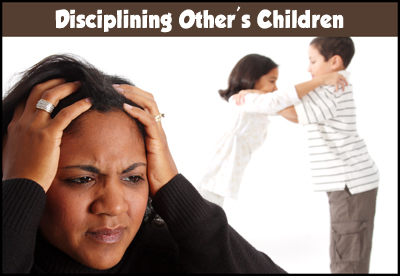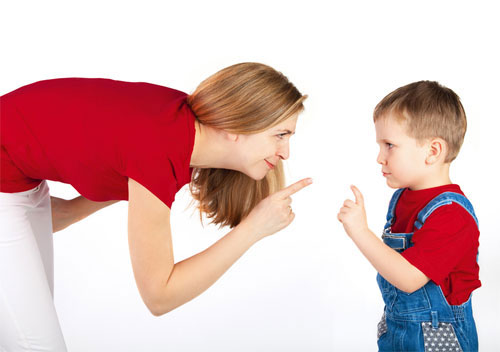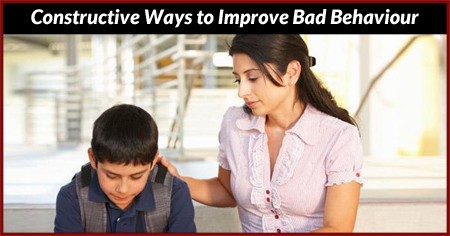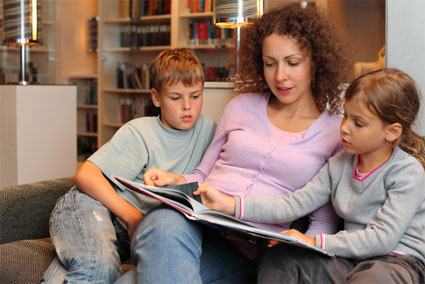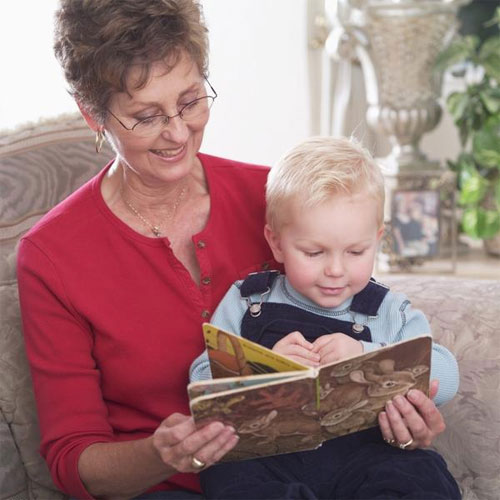Many times parents have to deal with other’s children too while raising their own children. At times they also need to handle their misbehaviour. Read on to find tips for disciplining other’s children.Discipline is a way of acceptable behaviour, which teaches rules of conducting yourself in your personal as well as public life. It not only teaches how you should behave but also is a process, which involves various
discipline techniques suiting your temperament and life style. Discipline is used by parents to teach their children about expectations, guidelines, and principles. Sometimes you find yourself in a position to discipline other’s children.
Is It Okay to Discipline Other Parents’ Children?
When it comes to disciplining someone else’s child, you do not want to offend the kid’s parents, but there are circumstances when it is acceptable to correct others’ children when his behaviour may be dangerous or harmful. You are generally afraid of possible repercussions and think parents should be the ones to
teach them good manners and etiquettes. If your child, someone’s child, or an adult is in danger because of a child’s actions, stop it immediately.
Talk to the Parents of the Child
Talking helps! You should try talking to the parents of the child first. Sometimes the parents try to fight back when you discuss the behaviour of their child with them because the topic of conversation is their child, their beloved flesh and blood. It is avoidable. Regardless of who the parents are, or how bad (or good) their reputation is, it is possible to discuss behaviour in a way that leaves them both supportive of you and eager to help their child improve.
Do Not Show Your Frustration
Do not show your frustration or take your irritation on others’ children. Frustration is about expecting the world and its inhabitants to be, act or react as you wish. It is definitely not possible to discipline others’ children by showing your frustration on them. No matter how annoyed you are with the child’s parents for not intervening, it is safe not to show your frustration on the child. This will only make the child more aggressive. Keep yourself cool when a
child misbehaves. When you are calm, the child will de-escalate and learn to soothe himself or herself.
Do Not Threaten or Hit another Person’s Child
Firstly it is illegal to threaten or hit children even if they are your own. You will not only end up spoiling your relationship with the child’s parents but also put yourself in trouble. If situation goes out of control and your child is being affected because of another child’s misbehaviour and the child’s parent is not around, it is better to walk up to the child and look into his or her eye and say sternly that what he or she is doing is not correct and that his or her parent will surely not approve of this kind of behaviour.
Redirect or Divert the Child’s Attention
When you find any child
bullying your child or misbehaving or involved in any kind of activity that might prove to be dangerous for the child and also to others, then try diverting the child’s attention or just take him or her away from the group where your child is playing. Also, redirect that child to something else. It might lessen the opportunities for any kind of damage.
Disciplining other people’s children is more complex and emotionally draining than disciplining your own kids. Different families may have different expectations and rules surrounding acceptable behaviour. Nowadays parents are quite protective of their children and do not like the idea of their child being disciplined by others. A
child's behaviour is a direct result of his or her upbringing. Probably that child has been brought up in a negative environment. Instead of directly criticizing that child, talk to him or her in a positive manner. Have a positive approach. Redirect his inappropriate behaviour and offer positive alternatives.
Is it alright to discipline other’s children? How to react if other parent’s children are misbehaving? How to talk to other parents if their children are misbehaving? Discuss here. 











